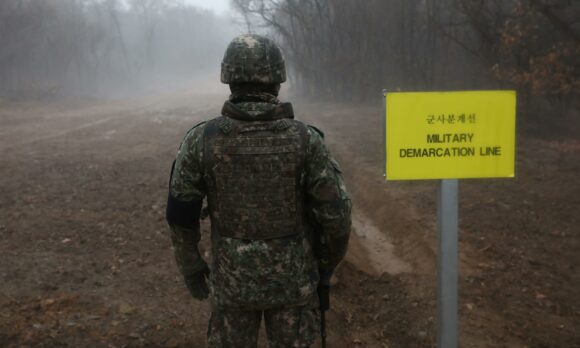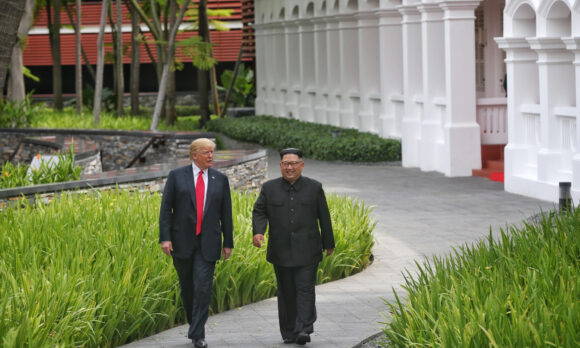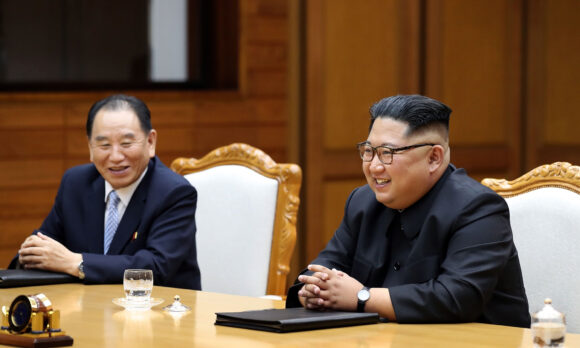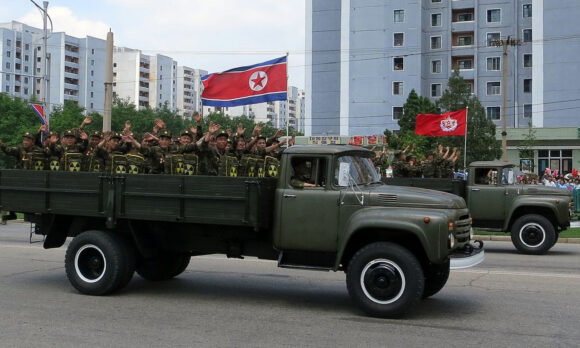The Indo-Pacific Security Program explores China’s growing role in South and Central Asia and what it means for democratic trends as well as maintaining a free and open regional order that preserves each nation’s sovereignty and independence. The Program explores whether China and Russia will increasingly compete and/or cooperate for influence in Central Asia and the implications for the United States. In addition, the Program explores how to protect Afghan civil society and human rights and thwart continued terrorism threats emanating from the region.
Highlights
-
Tangled Threats: Integrating U.S. Strategies toward China and North Korea
China and North Korea pose intertwined challenges for U.S. and allied policy. The Korean Peninsula constitutes just one area among many in U.S.-China relations. Meanwhile, iss...
By Jacob Stokes
-
Renew, Elevate, Modernize: A Blueprint for a 21st-Century U.S.-ROK Alliance Strategy
The U.S.-South Korean alliance has the potential to play a central role in bolstering a rules-based order in the Indo-Pacific region and beyond....
By Kristine Lee, Joshua Fitt & Coby Goldberg
-
Risk Realism
In a new report, Dr. Van Jackson argues that while pursuing North Korean denuclearization is ideal for U.S. national interests, it is no longer realistic for the near-term fut...
By Van Jackson












